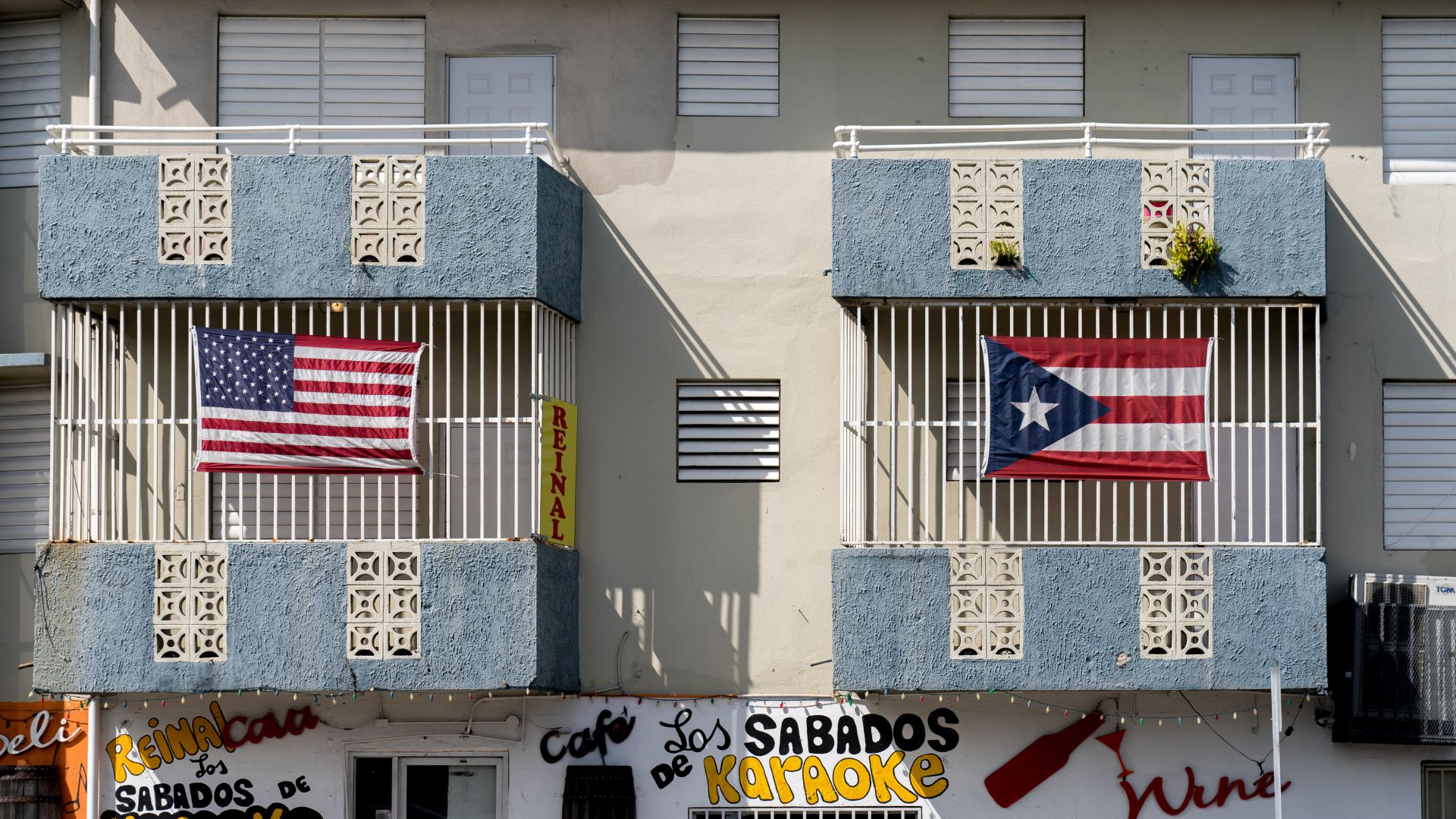When a hurricane strikes, people often turn to family and friends for a place to stay or other support.
For example, central Florida has a large Puerto Rican population. So many residents hosted friends or relatives after Hurricane Maria hit Puerto Rico in 2017.
Fernando Rivera is the director of the Puerto Rico Research Hub at the University of Central Florida.
He says after Maria, Florida’s then-Gov. Rick Scott declared a state of emergency that mobilized resources for displaced people.
So central Florida became a destination where Puerto Ricans could go to recover. And movement between the island and mainland remains fluid.
“People will spend a little bit of time here in the continental U.S., but they’ll go back to Puerto Rico if the opportunity arises,” Rivera says.
He says central Florida’s experience after Maria highlights how important it is to consider regional ties in disaster planning.
“Some of the work that we’ve been doing is sort of, what happens to those receiving communities that, perhaps you don’t go through that natural disaster event, but you have to respond based on the makeup of your population,” Rivera says.
He says building relationships between communities early can help ensure that people are ready to help when disaster strikes.
Reporting credit: ChavoBart Digital Media
Source link


